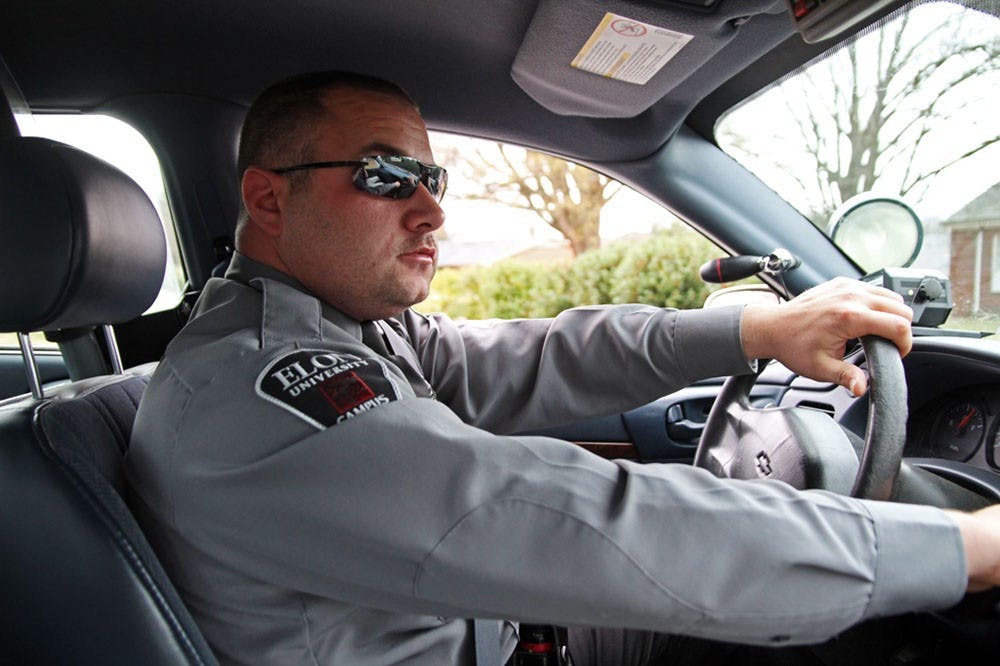The North Carolina Supreme Court recently ruled in favor of the Campus Police Act, upholding the right of police officers at religious-affiliated universities to enforce state law. Elon University is one of a dozen private colleges and universities with historic religious affiliations that has a campus police force.
The decision earlier this month comes after a previous ruling by the N.C. Court of Appeals that stated police officers could arrest people at such universities who violated the freedom of religious establishment clause of the First Amendment.
The case that spurned this appeal involved the arrest of Julie Yencer who obtained a DWI charge at Davidson College in Mecklenburg County.
Her appeal was mirrored after a similar incident that occurred in 1994 at Campbell University. An arrest was made near campus for a person driving while intoxicated.
The client's attorney sued the university, stating that because Campbell was then a strong religious institution, and by operating a state-approved police force, it violated the establishment clause of the Constitution that separates church and state.
When State v. Yencer made it to the Supreme Court, the Court disagreed with the Appeals ruling, noting the primary purpose of a university is education.
But Chuck Gantos, director of Campus Safety and Police, said even though this is great news for all the schools in North Carolina, it doesn't impact Elon.
"We had two cases which went through the judicial process, and the judge ruled in favor of the university in both cases," he said. "In order to be a religious institution, you have to have had a certain number of criteria and we didn't meet that criteria."
For Elon, religious affiliation is not used as a factor in judicial cases. But Gantos did say if the Supreme Court had agreed with the Court of Appeals, he believed they would have again been challenged again about the cases.
Still, Elon did play a role in the upholding of this act. Members of Elon University Campus Safety & Police were some of the prime motivators that helped get the 74 G statute approved, the general statute applied by the Supreme Court in their ruling.
The statute states, "The purpose of this Chapter is to protect the safety and welfare of students, faculty, and staff in institutions of higher education by fostering integrity, proficiency and competence among campus police agencies and campus police officers."
Gantos said the upholding of the act was the outcome he foresaw, stating that most religious-affiliated institutions admit students regardless of their religious or spiritual affiliation.
"Basically four-year colleges are in the business of education and we felt the judicial process would see that and they did," Gantos said. "This is a terrific burden off the backs of schools that might not have been in Elon's position, and I think that campuses that dropped their campus police departments may go back and think about bringing back a campus police force"


